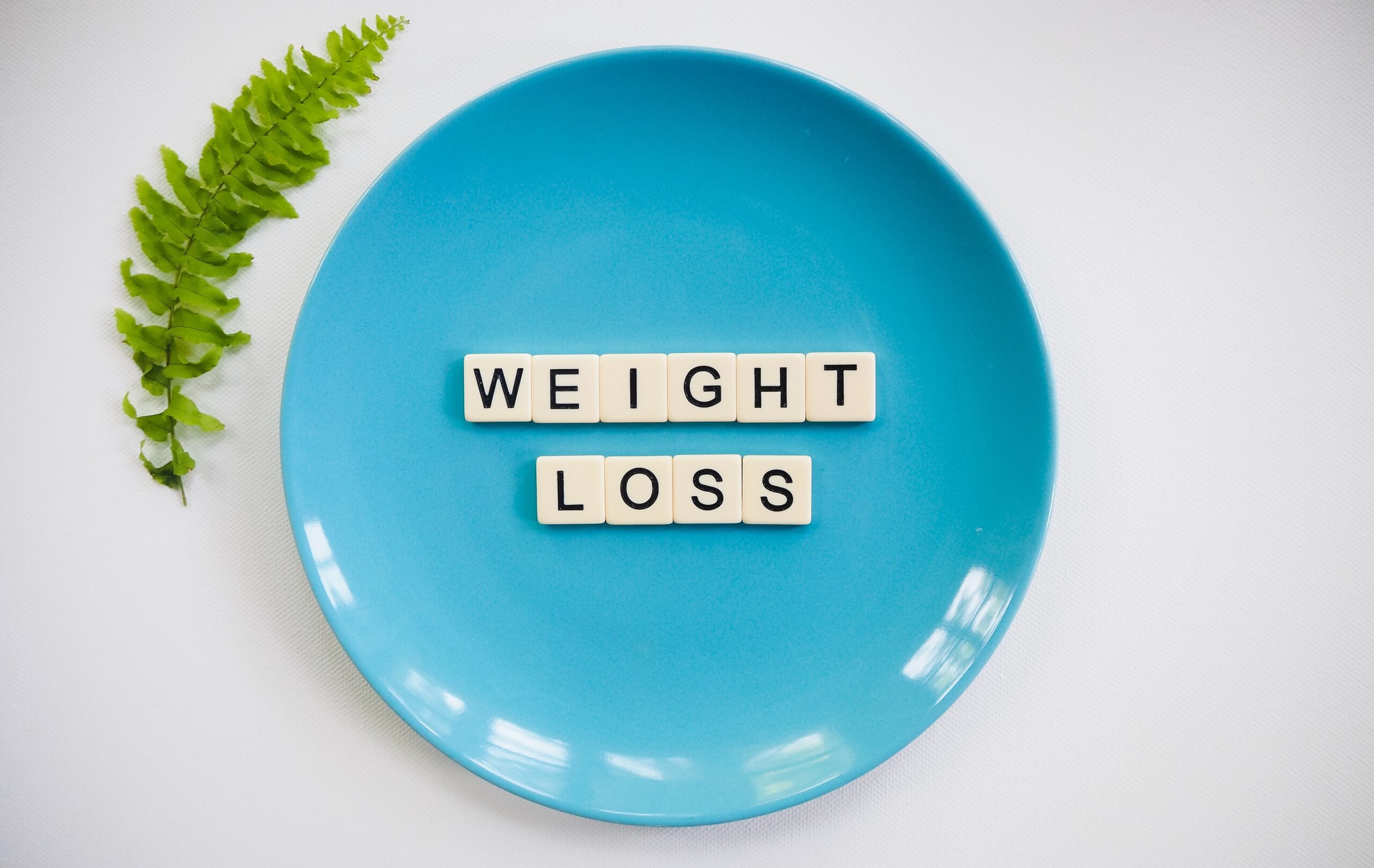
I don’t know about you personally, but I do know that much of the talk around the New Year involves resolutions for losing weight.
Normally I don’t think much about that subject personally, as I’ve always had a pretty good metabolism (hate me, go ahead). However, this year after experiencing several years of intense chronic pain and a bout of the infamous virus in August, my metabolism seems to have gone off the rails.
So the topic of diet seems like a good one to start the year off with.
First of all, let’s get clear. There is no “best” diet out there! You will always find an expert who is more than willing to vilify carbs, fats, too much or too little protein, or to recommend fasting for this or that amount of time or instead to eat every 2-3 hours. It can be crazy-making.
The fact is everyone is unique, everything in your personal history is connected, and all the things that make up your environment, habits, mindset, and spiritual life matter very much.
How do you begin to unravel all this?
There are some principles I want to highlight that I’ve learned in my functional nutrition training. When it comes to food and nutrition, you need to focus on quantity, quality, diversity, and timing. I would add to that: attention, attitude, and intent.
Here’s what I mean.
Most diets assume you must restrict calories – or quantity – to achieve any weight loss goal. In functional nutrition the goal is to consume the right mix of calories at the right pace in order to feel satisfied and to furnish the nutrition the body needs. Not overindulgence, but not denial either.
What is meant by “quality”? This must be the very best quality of foodstuffs you can afford (or grow). These are preferably organic, pasture-raised, wild-caught, unprocessed, and fresh or frozen. It’s also preferable if the resulting meals are home-cooked and prepared with love.
By “diversity” I’m referring to the microbiome-supportive choice to include as many different types of foods, especially plant foods, in all the colors of the rainbow. These include not only vegetables and fruits, but nuts, seeds, legumes, grains, and animal protein. It’s important to also make sure to include fat, fiber, and protein at every meal and snack. And let’s not forget prebiotic and probiotic foods.
“Timing” refers to the timing that suits your own situation. Intermittent fasting of varying windows of time is often recommended these days, which works fine if you are already healthy, not struggling with trying to heal your body, not pregnant, nursing, or otherwise hormonally compromised. For general digestive health, it is recommended to have an overnight fast of about 12 hours and to leave 4-6 hours between meals. This allows time for the body to send in the “janitors” (aka the Migrating Motor Complex) to sweep out the digestive tract and make way for the next round.
There’s also the situation, however, when blood sugar has been unstable for some time, that eating smaller meals closer together might be advantageous. Everybody is different!
To those four bedrock principles – quantity, quality, diversity, and timing – I add attention, attitude, and intent.
Most people are surprised to learn that digestion actually begins in the brain. It’s a physiological process called the cephalic phase, where the sight, sound, smell, and thought of food begins to prepare the body for digestion. The smells and sounds of cooking begin to turn our attention to the meal to come and are some of the great benefits of preparing food at home.
You can also devote some extra attention to your meal by being seated at a table and pausing, perhaps with your hands held over the food itself, taking it in with your eyes and blessing it with your energy.
By “attitude” I mean having an attitude of gratitude and appreciation for the meal before you. Thinking about all the fellow humans who had a hand in bringing that food to your table, to the earth itself for her bounty, and to the great designer of the whole delightful idea of eating for sustenance and pleasure.
I also include “intent” in this lineup of ideal diet tips. It’s important to chew with intent – intent to savor, to slow down enough to allow the food to break down and make it easier on the digestive system, and to release growth hormone into the saliva.
The Perfect Diet, then, factors in not only the quality, quantity, diversity, and timing of meals, but also the attitude, attention, and intention you bring to them.
Of course, there’s so much more to this subject than just nutrition and the when, what, and how. There’s personal non-negotiables, mindset, habits, relaxation, sleep, elimination, body image, cravings – in other words, it’s a lot to unravel.
If you would like to learn more, schedule a complimentary 30-minute Feel Younger Now Discovery Session, so I can understand your particular health challenges and suggest a customized plan to help you reach your goals.

